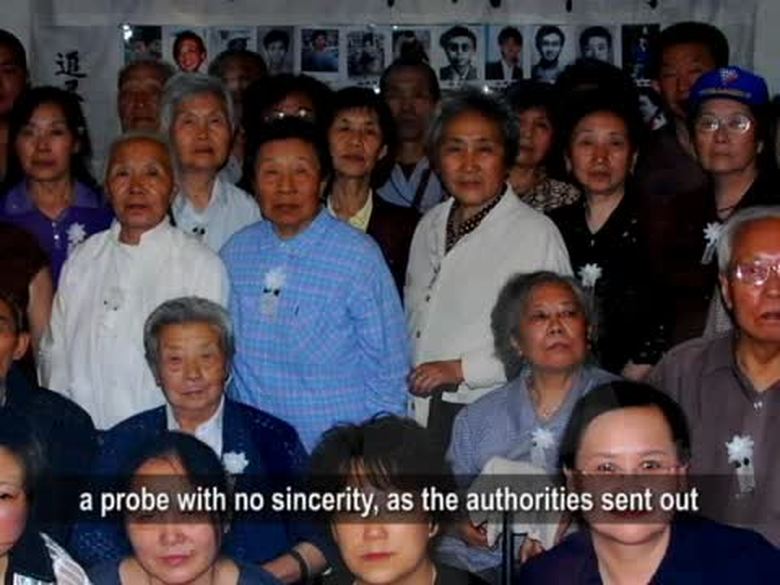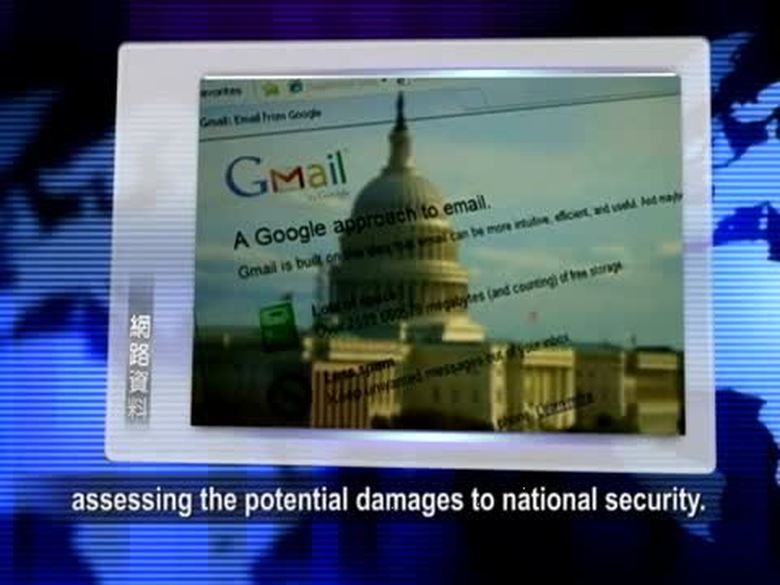【新唐人2011年6月3日訊】谷歌發表聲明,近日,數百人的電子郵件帳戶遭黑客入侵,其中包括美國高級官員、記者和中國政治活動人士。谷歌表示,竊取谷歌電子郵件帳戶用戶密碼的計劃,起源於中國東部濟南市,黑客用的是一個叫做“釣魚”的病毒獲取信息。美國認為,網絡攻擊「是戰爭行為」。請看報導。
網路業巨擘谷歌公司(Google)6月1號透露,黑客試圖進入數百名谷歌郵件使用者的私人賬戶。這些使用者中有美國政府高級官員,以及中國人權活躍份子和記者。
谷歌網絡安全負責人格羅斯(Eric Grosse) 在網上一份聲明中表示,最近發現黑客通過“網絡釣魚”(phishing)的騙術,蒐集很多相關的關鍵詞。
“網絡釣魚”是通過大量發送聲稱來自於銀行,或其他知名機構的欺騙性垃圾郵件,意圖引誘收信人給出敏感信息(如用戶名、口令、帳號ID 、 ATM PIN 碼或信用卡詳細信息)。
最典型的“網絡釣魚”攻擊方式,是將收信人引誘到一個與發送郵件者組織非常相似的「釣魚網站」上,這個網站可以獲取收信人在這個網站上輸入的個人敏感信息,通常,這個攻擊過程不會讓受害者警覺。它是“社會工程攻擊”的一種形式。
谷歌發言人證實,黑客攻擊美國敏感郵箱的目地,是監視信息的內容。攻擊美國敏感郵箱的黑客來自中國濟南。
不過谷歌表示,這個黑客行動已經被截獲和打斷。同時通知了受影響的谷歌郵件使用者和相關政府部門。
對此,美國國防部透露,美國將公布計劃,準備把「網絡攻擊」視作「戰爭行為」。
幾天前,幾家美國國防工業承包商,包括洛克希德•馬丁公司的網絡,也遭黑客入侵。洛克希德•馬丁公司和其他承包商存有的資料,包括美國未來武器的發展,以及美國目前在伊拉克和阿富汗使用的軍事技術。黑客攻破了他們的安全防護。
儘管美國國防部和洛•馬公司對這一問題保持沉默,但美國媒體和部分網民仍將目標指向中國(共),《華盛頓郵報》、福克斯新聞網都表態認為,按照「以往的慣例」,此類黑客案的「首要懷疑目標是中國(共)」。
美國官員強調,如果美國關鍵的電腦網絡遭到攻擊,美國總統將可以考慮經濟制裁、網絡報復攻擊或者軍事打擊。
另據BBC中文網的報導,德國計劃在今年建立一個「國家網絡防衛中心」,以應付政府機構不斷遭受的網絡攻擊。
德國內政部發言人帕裏斯5月27號曾經表示,德國作為一個工業化國家,技術發展很先進,因此對於網絡攻擊者來說,是一個很有吸引力的目標。德國政府在2009年只記錄了900次網絡攻擊,而在2010年上半年已經記錄了1600次電子攻擊,此外還有大量沒有記錄在案的攻擊。他說:「絕大多數網絡攻擊源自中國。」
中國境內的黑客,去年對谷歌發動了一場更加廣泛的網絡攻擊。加上北京政府嚴格控制互聯網內容,人權組織譴責中國(共)對親反對派的活動人士進行審查。
新唐人記者唐睿、蕭宇綜合報導。
Google Hacked: Act of War
Google recently announced that, hundreds of its
e-mail accounts were hacked, using virus "phishing,"
including those of senior U.S. officials, journalists,
and Chinese activists. Google said the campaign to
steal users』 passwords originated from Jinan, China.
The U.S. says the cyber attack may be "an act of war.”
Google revealed on June 1, that hackers attempted
to enter hundreds of users』 private email accounts.
These users include senior U.S. officials,
Chinese human rights activists, and journalists.
Eric Grosse, head of Network Security at Google,
said in an online statement that it recently discovered
that hackers used "phishing" to collect keywords.
"Phishing" is sending a large number of spam emails,
from supposedly reputable organizations, in order to
lure the recipient into giving out sensitive information
such as user names, passwords, and credit card details.
The most typical "phishing" attack involves luring
the recipient to a similar "phishing website." This site
will then capture the info entered in by the users.
Usually this attack process does not alert the victims.
It is a form of "social engineering attacks."
A Google spokesman explained that the purpose of
the hack was to monitor email messages.
The hackers are said to originate from Jinan, China.
Google said they interrupted the hackers』 attack
then notified the affected Google Mail users
and relevant U.S. government departments.
The U.S. Defense Department said the U.S. would
treat this "cyber attack" as "an act of war."
Several U.S. defense industry contractors』 network,
including Lockheed Martin, were hacked recently.
The firms possess sensitive info on U.S. defense.
The contractors said hackers broke their security.
Some U.S. media and netizens accused China.
Washington Post and Fox News said that it is
"common practice," in such hacking attacks,
to point the finger at the Chinese authorities.
U.S. officials stressed, if key networks are attacked,
U.S. president would consider economic sanctions,
cyber revenge, or military attacks.
According to BBC China, Germany plans to establish
a "National Cyber Defense Center" in 2011, to deal
with the cyber attacks on government organizations.
On May 27, German Interior Ministry spokesman,
Paris, said, “Germany has advanced technology,
thus, it is a very attractive target of cyber attacks.”
The German government recorded only 900 attacks
in 2009, but a massive 1,600 digital attacks in the
first half of 2010. There are also a large number
of undocumented attacks. He said, “the vast majority
of attacks were from China.”
Hackers in China launched a more extensive network
attack on Google in 2010. Human rights groups
condemned the attack and Beijing』s censorship
of Chinese activists, as well as its strict control.
Beijing has not commented on Google』s statement.
NTD reporters Tang Rui and Xiao Yu
























